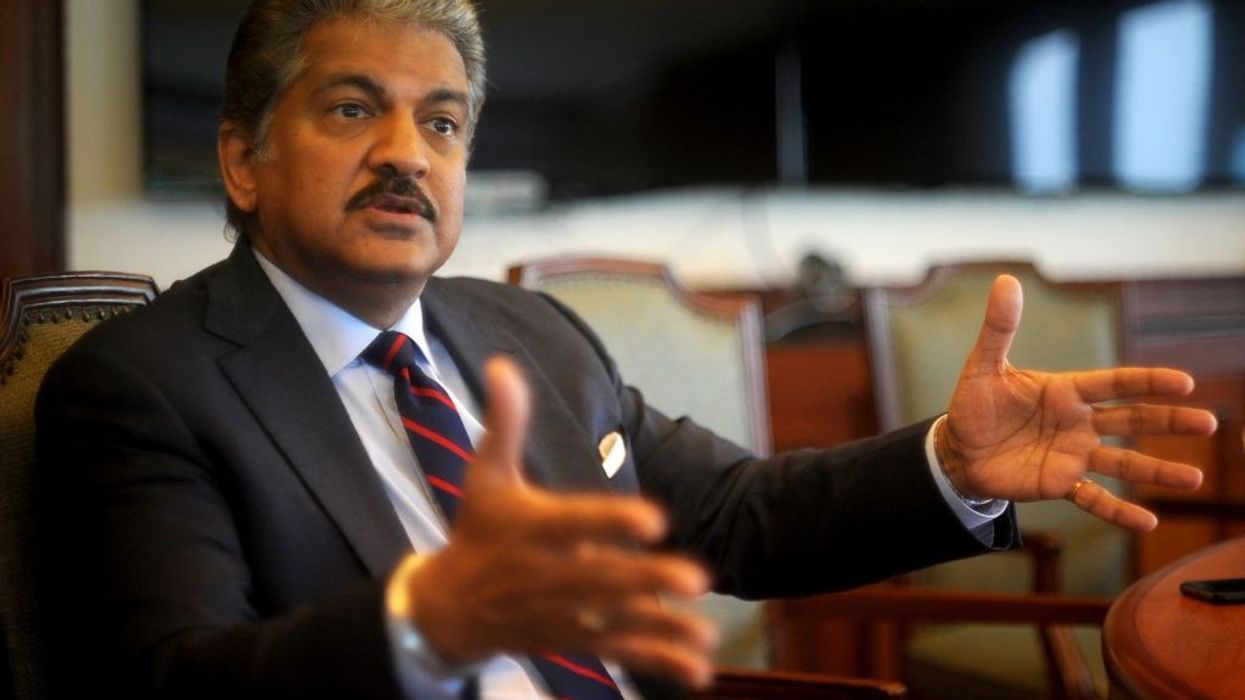INDIAN automaker Mahindra & Mahindra and China's Shaanxi Automobile Group have agreed to set up a $3 billion (£2.4bn) joint venture to build a car manufacturing plant in India and are awaiting New Delhi's approval, sources said.
A majority stake in the proposed manufacturing venture will be owned by Mahindra, two sources with direct knowledge of the matter told Reuters, and is proposed to be set up in prime minister Narendra Modi's home state of Gujarat.
In a stock exchange statement after the report was published, Mahindra said: "The article is unfounded and there is no truth in the matter."
The proposal includes building an export-oriented, integrated manufacture hub for assembled cars as well as engines and car batteries, the sources said.
Mahindra has sought a government nod for the Chinese investment, the sources said.
Faxes and calls to Shaanxi's phone numbers listed on the company's website were not answered. India's commerce, heavy industries and foreign affairs ministries did not immediately reply to a request for comment.
The sources did not want to be named as they are not allowed to speak to media.
Indian government approval has been necessary for any Chinese investment into the country since 2020, when New Delhi tightened its restrictions on Chinese investment after deadly border clashes between the two neighbours.
Billions of dollars worth of investments have over the years either been delayed or canceled due to India's additional vetting processes for the likes of BYD Co Ltd, Great Wall Motor and SAIC's MG Motor.
A proposal worth $1bn (£790 million) by BYD last year has been held by the government on security concerns.
However the investment proposal comes at a time when India is looking to ease restrictions on Chinese investment in non-sensitive sectors like solar panels and battery manufacturing, where New Delhi lacks expertise.
India's top government officials have lately been hinting at reviewing their stance against Chinese investment as foreign investments fell to 17-year lows.
India finance minister Nirmala Sitharaman last month said she supported the views of her chief economic adviser V Anantha Nageswaran, who recently said New Delhi could promote foreign direct investment from China to boost India's exports.
(Reuters)





